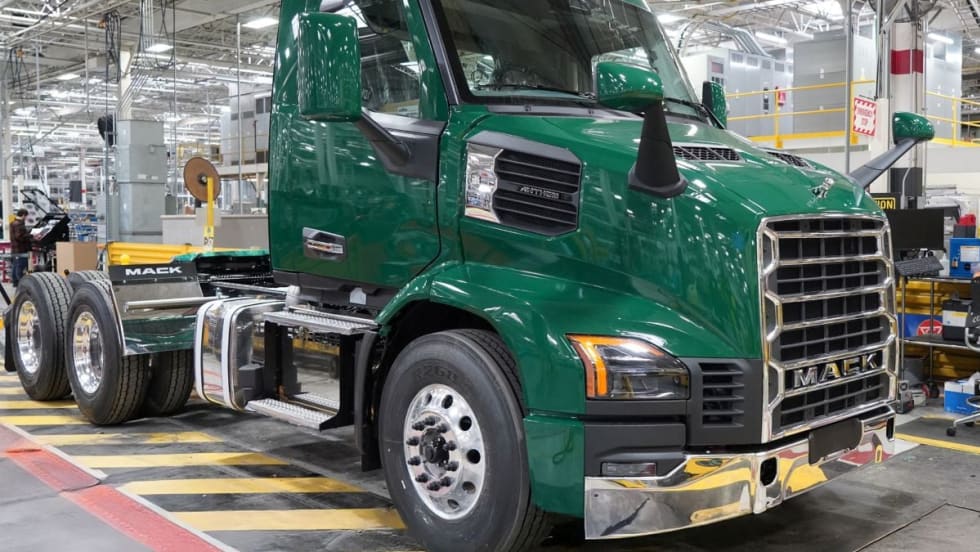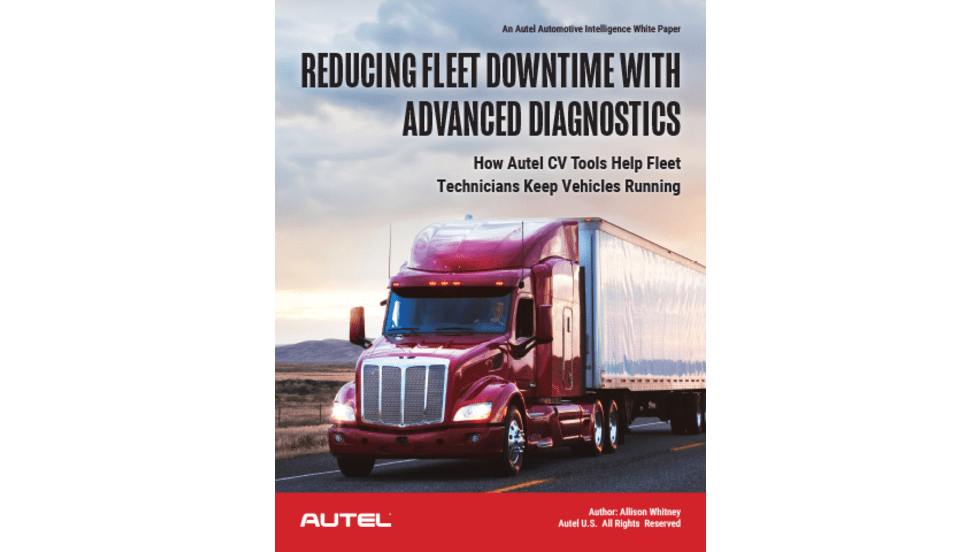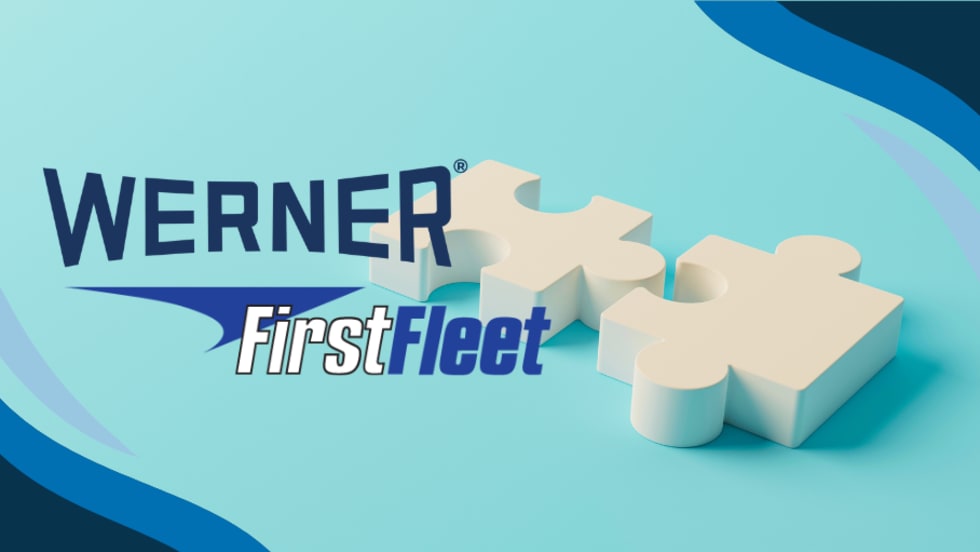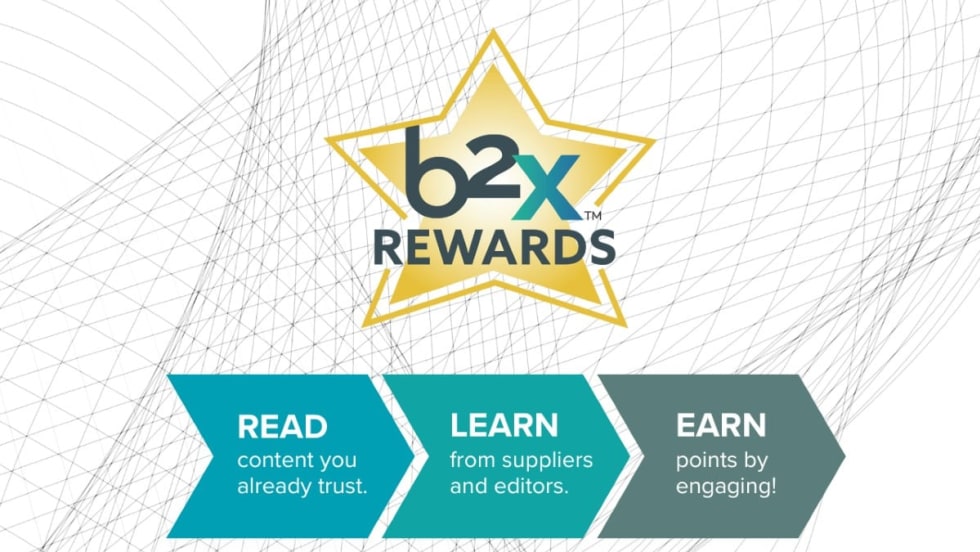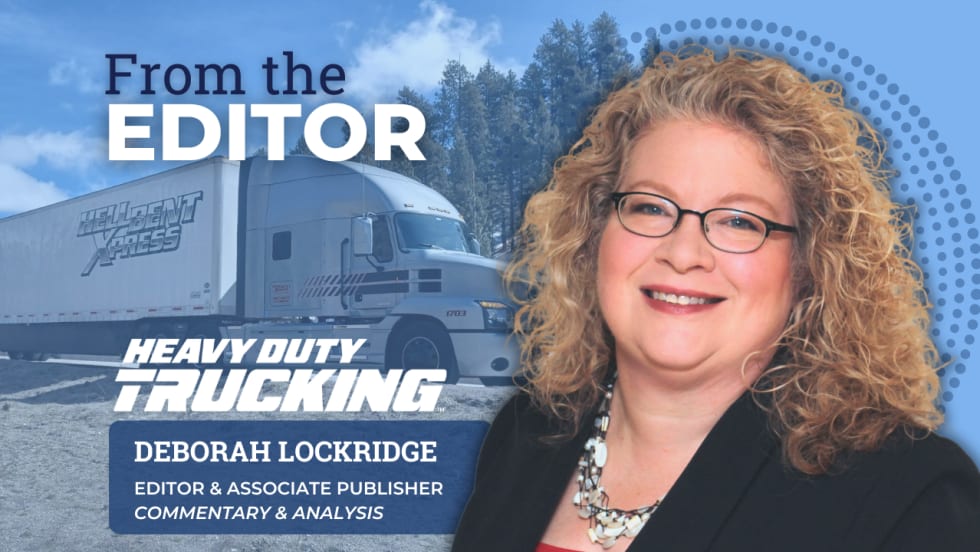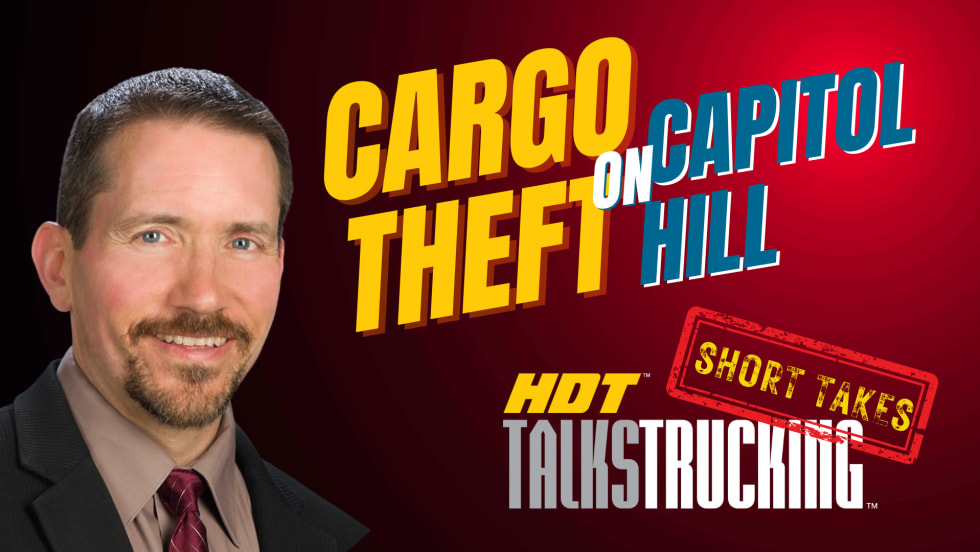Greatest public works project in history and key to the U.S. economy faces Herculean problems in the future
by Oliver B. Patton, Washington Editor
August 1, 2006Two cheers for the Interstate Highway System on its 50th birthday. It is one of the greatest public works projects in history and is indisputably key to U.S. economic prosperity.
But hold the third cheer in reserve, because the system is growing more and more clogged each year, and it's not entirely clear how we're going to get it unclogged.
Former Transportation Secretary Norman Mineta has outlined the problem. Since 1960, vehicle mileage is up by more than 300 percent, while miles of highway increased only 12 percent. Trucking companies bear costs of $14 billion a year in wasted time and fuel due to congestion, and the total cost of congestion to the U.S. economy approaches $200 billion a year.
At the same time, Mineta said, the balances in the Highway Trust Fund are on a downward slope, and there is no political will to increase the fuel taxes that support the fund.
"We need a new approach and we need it now," Mineta has told numerous audiences over the past six months.
"These circumstances are well understood by the highway community, and over the past several years a number of new ideas have come into play. Federal highway legislation has opened the door to a number of financing innovations, such as toll roads, tax exemptions for private highway construction interests and new federal credit programs.
New Innovations in Highway Funding
But from Mineta's point of view, perhaps the most important innovation is the emergence of public-private partnerships in which private contractors and financiers play a major role in conceiving, funding and building new highways and other transportation projects.
These PPPs, as they are called in highway community parlance, are the centerpiece of the Bush administration's plan to unclog congestion. The concept is being tested in Indiana, where a toll road has been leased to a private company, and in Texas, where an international firm has taken on the task of constructing and financing a new transportation corridor parallel to I-35.
Mineta acknowledged that not everyone will agree with this concept. "It will require a cultural change to move from a government monopoly model toward acceptance of the private sector and market forces," he said in his farewell address as Transportation Secretary. "If we can fix the policy problems, I am confident it will work."
He said that practically every major financial institution on Wall Street has created or is creating an infrastructure fund with transportation as a major component – they recognize an enormous potential in infrastructure.
In a message to his as-yet-unnamed replacement at DOT, he said, "It is imperative that future transportation decision makers continue to foster this interest and not take steps to discourage it.
"History may very well look back on this as one of the defining public policy debates of our time – as consequential as the one that gave birth to the Interstate Highway System 50 years ago."
A big piece of that debate will be about reinvigorating the sense of mission that animated the Interstate Highway program. As some in the highway community see it, once the task of pouring concrete was completed in the early 1980s, the political will that drove the project began to dissipate into a scramble for earmarks whenever it came time to reauthorize the program.
According to Kris Heckmann, an adviser to Gov. Rick Perry on the Texas corridor project, the highway program is in trouble. He wonders if Congress even has the will to complete the rewrite of the highway program that is due in 2009.
The National Transportation Policy and Revenue Commission
The next several years will make clear whether or not such pessimism is warranted. Much of the debate will unfold around the recommendations of a federal commission charged with reviewing national transportation policy and revenue.
The National Transportation Policy and Revenue Commission is a 12-member group that will take the next year to study the condition of the transportation system, identify the major problems and come up with recommendations to fix them. Its charter includes both infrastructure and money – including the Highway Trust Fund.
The commission members hail from all corners of transportation. Representing the trucking industry is Pat Quinn, chairman of the American Trucking Associations and co-chairman of U.S. Xpress, Chattanooga, Tenn. The others are: Frank Busalacchi, Wisconsin secretary of transportation; Rick Geddes, director of Undergraduate Studies, Cornell University Department of Policy Analysis and Management; Steve Heminger, executive director, Metropolitan Transportation Commission; Frank McArdle, General Contractors Association of New York; Steve Odland, chairman and CEO, Office Depot; Mary Peters, national director of transportation policy, HDR; Matt Rose, CEO, Burlington Northern Santa Fe Railroad; Jack Schenendorf, Covington & Burling; Tom Skancke, CEO, The Skancke Co.; and Paul Weyrich, chairman and CEO, Free Congress Foundation.
Fuel Taxes and Long-Term Alternatives to Highway Funding
Among the questions they must address are the near-term outlook for the Highway Trust Fund, and the long-term alternatives to replace or supplement fuel taxes.
Pat Quinn acknowledged Mineta's assertion that there is no popular appetite for higher fuel taxes but wondered if that will be the end of the subject. He pointed out that the 18.3-cent gas tax has not been raised since 1993 (diesel is taxed at 24.3 cents per gallon), which makes its actual value 12 cents. People might be willing to support a "restoration of value" in the tax when confronted with the reality of the infrastructure's needs and other funding alternatives, he said.
The concept of public-private partnerships, for example, will have to overcome concerns about how projects are controlled – they are "a little scary," Quinn said. "A lot of questions still need to be answered with that."
He said it is premature to discuss what the commission will find, but even in the brief period since the commission was formed, he has been able to play a useful role as one who can explain the realities of trucking to other members of the commission.
Public-Private Partnerships in Infrastructure Funding
It is clear, however, that public-private partnerships are going to play an increasing role in highway financing. Mark Florian, managing director of investment banker Goldman, Sachs & Co., recently told a congressional committee that "seemingly overnight, large amounts of money are being pooled into a variety of funds to solely invest in infrastructure."
Goldman, Sachs itself is raising an infrastructure fund of more than $3 billion. The Carlyle Group is targeting a $1 billion fund and others are doing the same.
As budgets become increasingly constrained and funding sources harder and harder to come by, it is likely that PPPs will become a prominent fixture in the infrastructure financing landscape," Florian said.
PPPs will not be the universal solution, however. Virginia Gov. Timothy Kaine told the same committee he expects that PPPs could address up to 20 percent of the state's long-term highway needs.
The benefits of a public-private partnership should accrue to the toll-payers or taxpayers or risk-takers, in proportion to their contributions," he said. "This requires a serious business model – not the customary method of making everyone a little bit happy, but real-life business decisions that are guided by hard arithmetic and an unwavering commitment to the public good."
Quinn's guess is that the commission will find a role for each type of fundraising mechanism. In the end, he said, he would not be surprised to see recommendations that include public-private partnerships and restoration of the value of the fuel tax.



